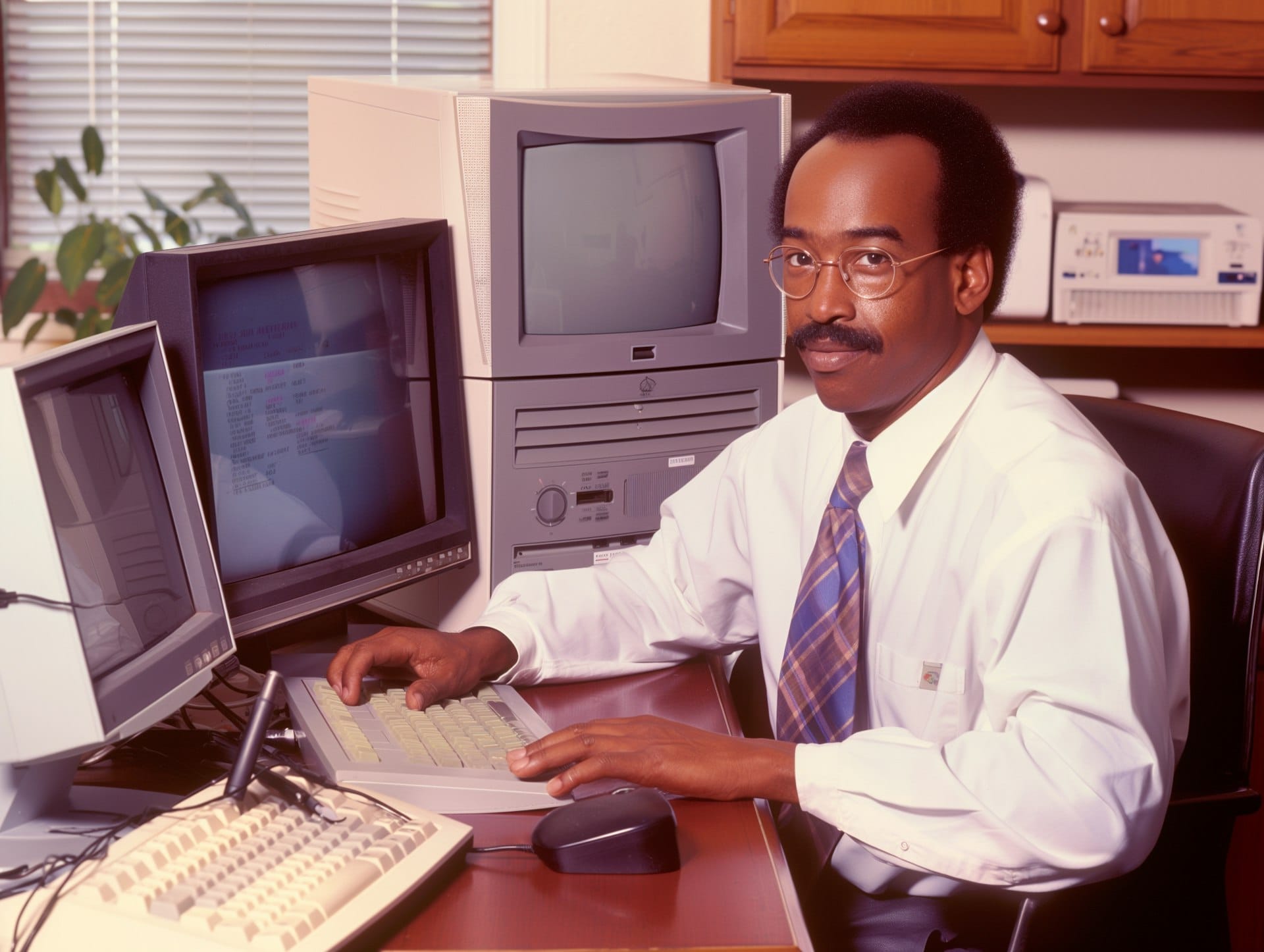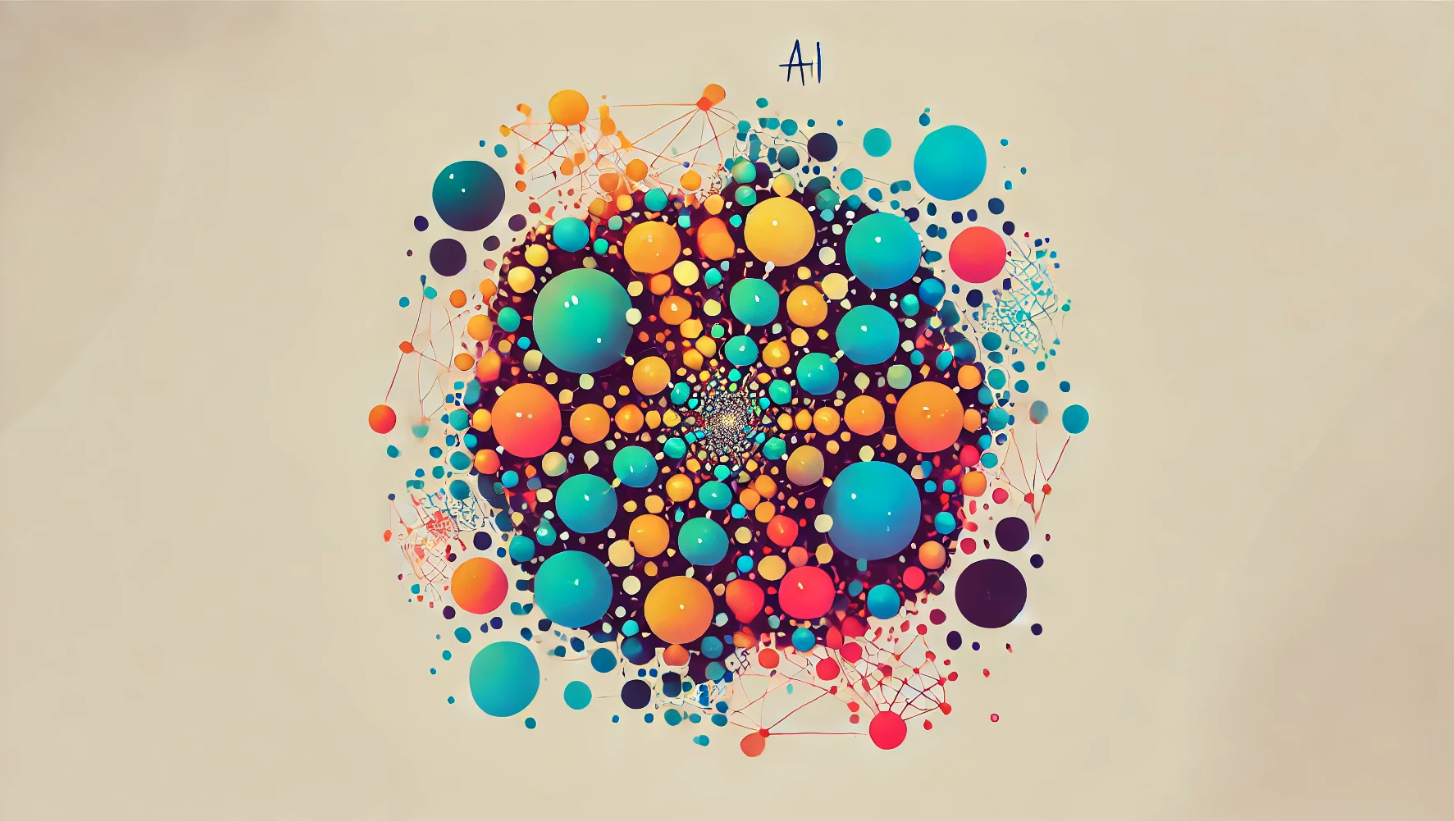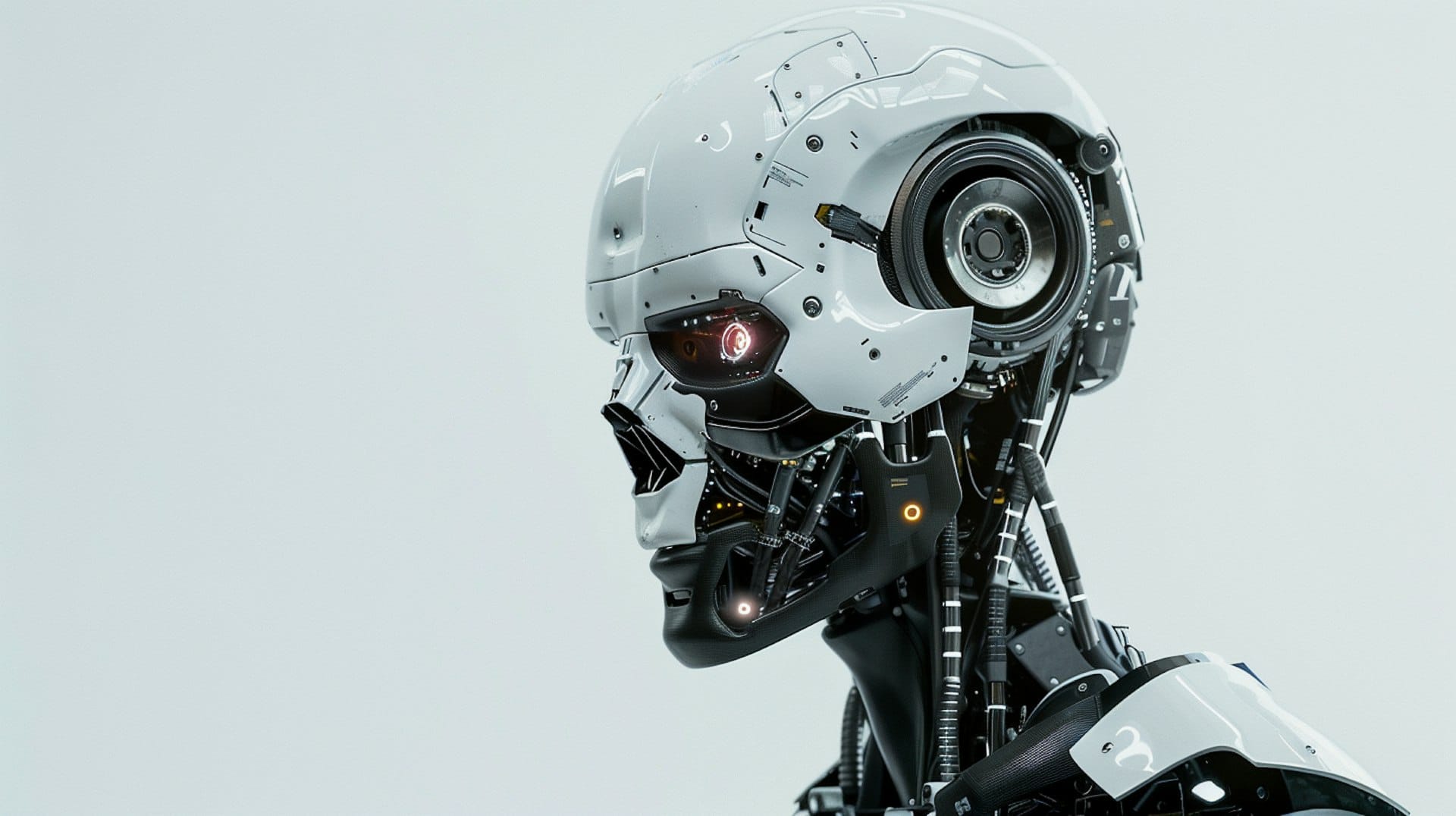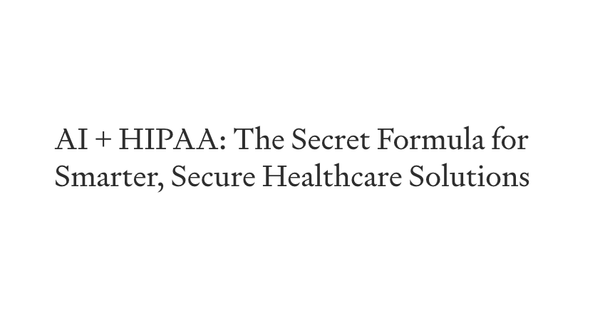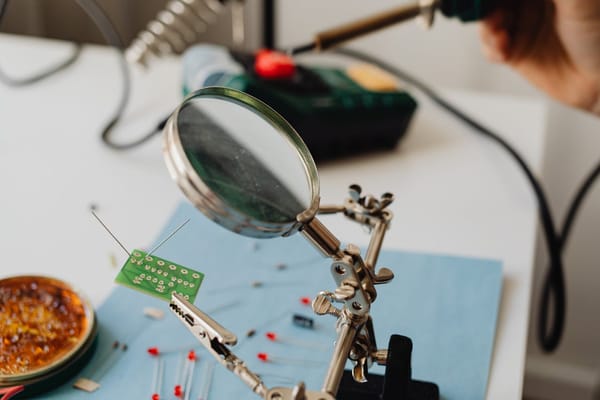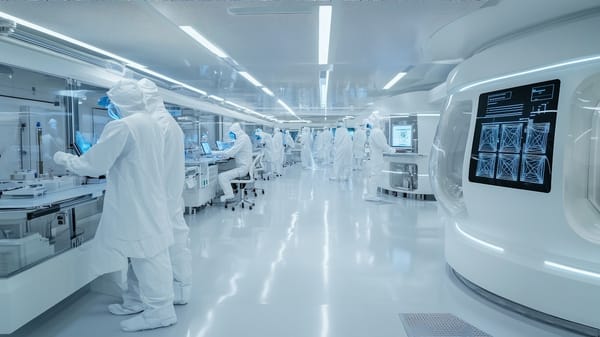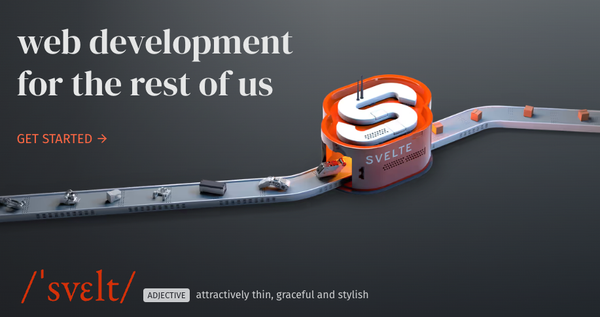AI in Healthcare: Bridging the Gap Between Innovation and Clinical Practice and Again: Do not use AI in Self-diagnosis
Table of Content
As both a practicing physician of years and an AI developer who has worked extensively with healthcare applications, I've gained unique insights into the intersection of artificial intelligence and medical care.
I've also been an active user of AI tools in my clinical practice, which has given me a comprehensive understanding of their capabilities and limitations.
The Reality of AI in Clinical Practice
Through my experience treating patients at a major metropolitan hospital while simultaneously developing healthcare AI applications, I've observed firsthand how AI tools like ChatGPT can both help and hinder medical care.
Recently, I encountered a patient who had delayed seeking treatment for severe chest pain because an AI tool had suggested it was merely anxiety.
This experience reinforced my understanding of why AI should not serve as a primary medical advisor.
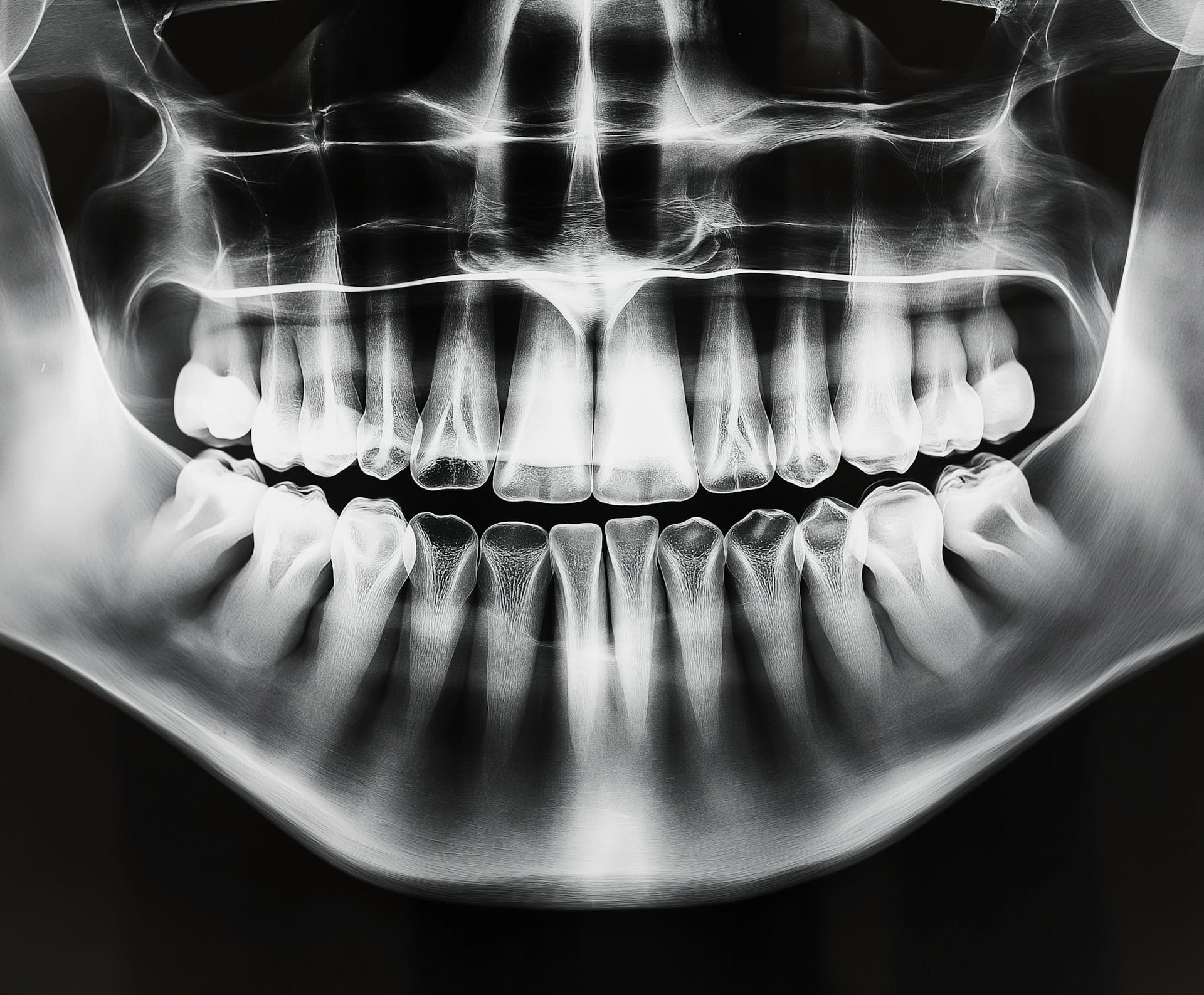
Critical Limitations of AI in Medical Diagnosis
From my dual perspective as a clinician and developer, I can attest that several fundamental limitations make AI unsuitable for primary medical diagnosis:
Medical Complexity
In developing diagnostic AI systems, I've found that even the most sophisticated models struggle with the nuanced nature of medical diagnosis.
Communication Barriers: Medical Terms
As a developer, I've observed how AI systems consistently misinterpret patient-provided symptom descriptions.
The medical terminology gap between professionals and patients creates significant reliability issues in AI-based diagnosis.
Technical Constraints
Having worked on healthcare AI development, I can confirm that current AI models, despite their sophistication, frequently generate plausible-sounding but incorrect medical information.
The consequences of such "hallucinations" in healthcare can be severe.
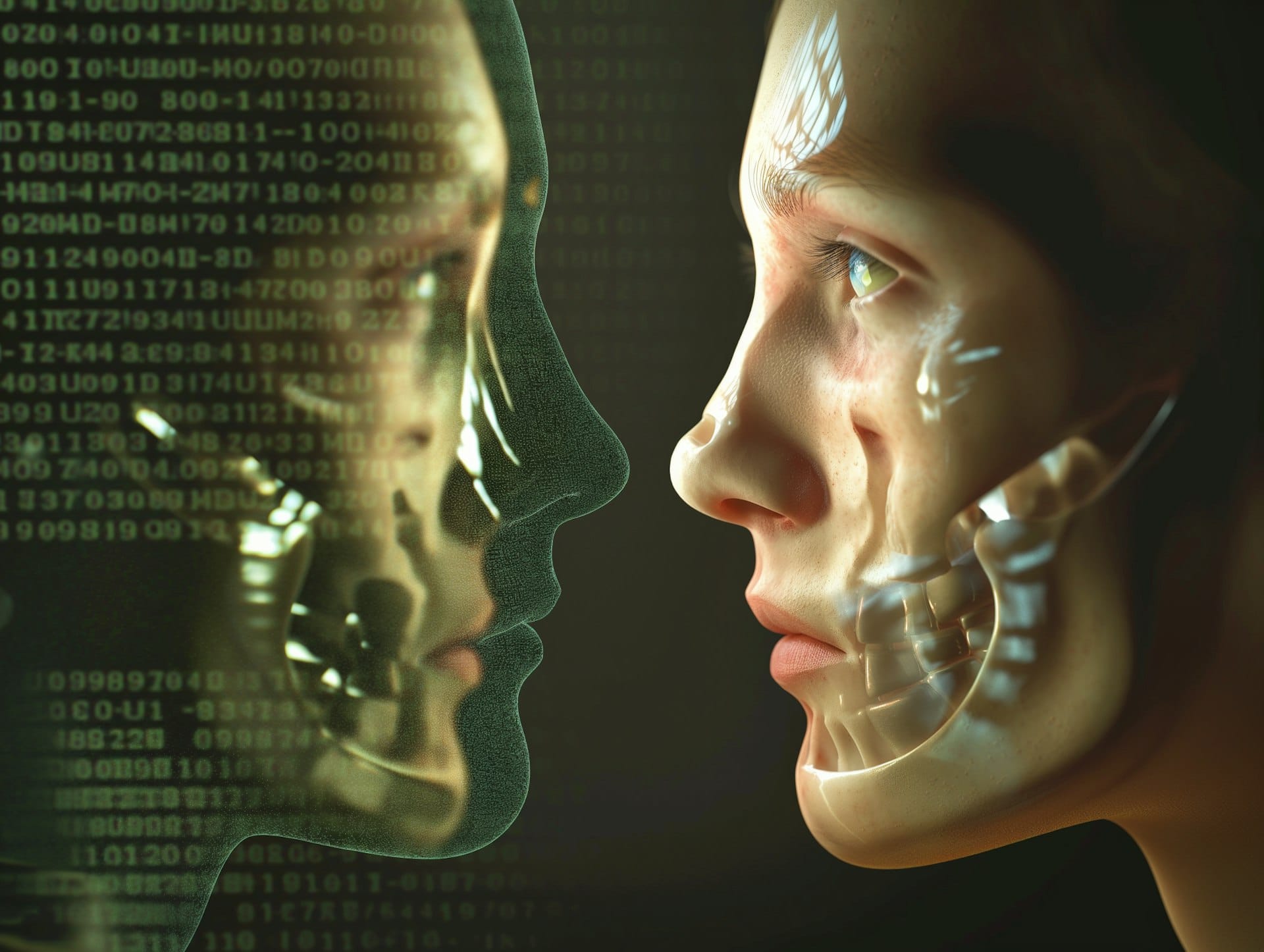
Appropriate Applications of AI in Healthcare
My experience has shown that AI excels in specific healthcare applications:
1- Clinical Support Systems
In my practice, I use AI tools to efficiently organize and analyze patient records, allowing me to spend more time on direct patient care.
These systems have proven invaluable for administrative tasks while maintaining appropriate boundaries in clinical decision-making.
2- Research and Education
As a medical professional, I've successfully integrated AI tools to enhance medical training and research analysis, areas where the technology's strengths in data processing and pattern recognition are particularly valuable.
Professional Guidance
Based on my combined experience as a physician, developer, and AI user, I recommend:
For Patients:
- Use AI tools only for general health education
- Always verify any AI-provided information with qualified healthcare professionals
- Treat AI as a supplementary resource, not a diagnostic tool
For Healthcare Providers:
- Leverage AI for administrative and organizational tasks
- Maintain awareness of AI limitations in clinical applications
- Educate patients about appropriate AI use in healthcare

Looking Forward
The future of healthcare will undoubtedly involve AI, but in a supportive rather than primary role. From my perspective as both a healthcare provider and technology developer, the key lies in understanding where AI can enhance, rather than replace, human medical expertise.
The integration of AI in healthcare represents a significant advance in medical technology, but it must be approached with an understanding of its limitations.
As someone who stands at the intersection of medicine and technology, I can affirm that while AI has tremendous potential to support healthcare delivery, it cannot replace the complex decision-making and human insight essential to medical practice.
FAQs: ChatGPT and AI in Healthcare
Q1: Can AI like ChatGPT diagnose my illness?
No. AI cannot replicate the expertise of a trained medical professional. It can provide general information but lacks the clinical judgment and physical examination required for accurate diagnoses.
Q2: Is it safe to use AI for health advice?
Only as a supplementary tool. Use AI to learn more about health conditions but always confirm advice with a qualified doctor.
Q3: Can AI replace doctors in the future?
AI may assist doctors by improving efficiency and accuracy, but it cannot replace human intuition, empathy, or the ability to perform physical examinations.
Q4: What should I do if I suspect a health issue?
Consult a healthcare professional. While you can use AI to gather initial information, avoid making decisions based on AI suggestions alone.
More Readings!
